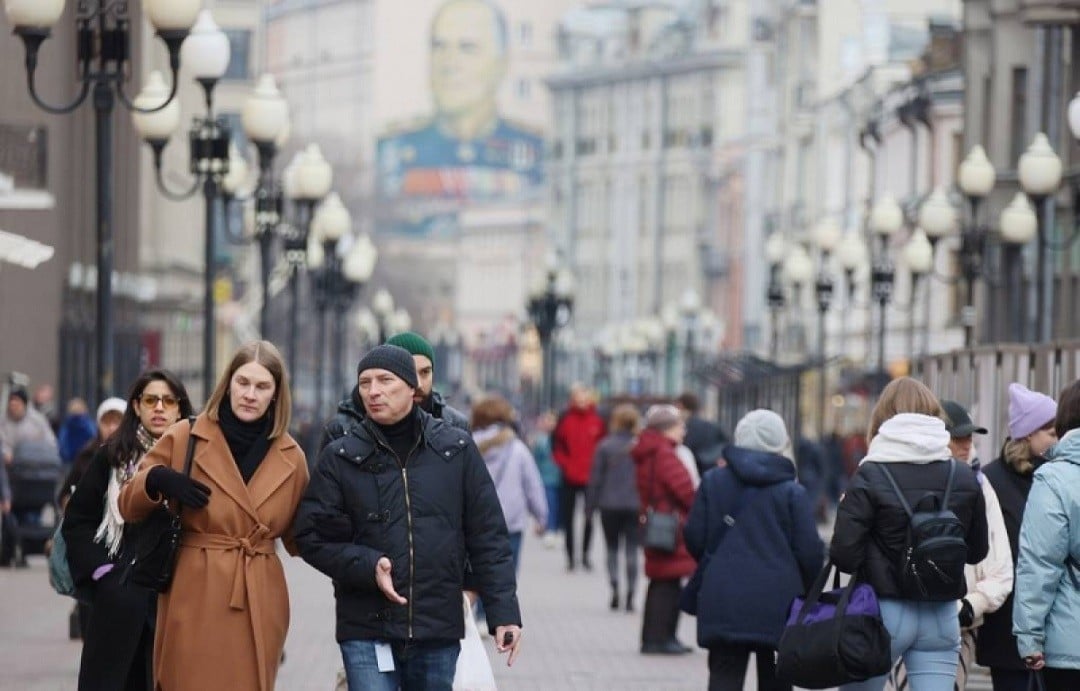 |
| Russia's economy shrank by 1.9% in the first quarter of 2023. (Source: TASS) |
Russia's economy has been hit by another wave of sanctions related to tensions with Ukraine, including a European Union (EU) ban on Russian oil products, on top of a price cap on Russian oil by the Group of Seven (G7) and Australia.
According to independent London-based analysis firm Capital Economics, the GDP decline was “less than expected”. This shows that the economy has overcome a difficult period and started to grow.
Government spending is boosting retail and industrial sales. Capital Economics said in a note that the Russian economy is on track to post positive growth by 2023.
Russia's economy contracted by 2.1% in 2022. However, sanctions have had an impact on the Russian economy.
In March 2023, the International Energy Agency (IEA) said that although oil export volumes were at their highest level since tensions with Ukraine broke out, oil revenues were still down 43% compared to a year ago.
Lower oil revenues have had a direct impact on the budget deficit, which reached 3.4 trillion rubles ($42.3 billion) in the January-April 2023 period. This is significantly larger than the target deficit of 2.9 trillion rubles.
The deficit was due to a drop in energy revenues (-52%) and increased spending (+26%), partly due to tensions with Ukraine, the Treasury said.
However, construction and agriculture grew well in the first quarter, Rosstat said on May 17.
Experts say that, on this trajectory, Russia's public sector deficit could reach 3-4% of GDP, higher than the 2% target.
Inflation fell to 3.5% in March 2023 and 2.3% in April 2023. Russia's low unemployment rate of 3.5% is not a good sign but a sign that the country's labor force is shrinking.
Source


![[Photo] Ready for the top competitions of Vietnamese table tennis](https://vphoto.vietnam.vn/thumb/1200x675/vietnam/resource/IMAGE/2025/5/18/9c547c497c5a4ade8f98c8e7d44f5a41)


![[Photo] Many young people patiently lined up under the hot sun to receive a special supplement from Nhan Dan Newspaper.](https://vphoto.vietnam.vn/thumb/1200x675/vietnam/resource/IMAGE/2025/5/18/6f19d322f9364f0ebb6fbfe9377842d3)
![[Photo] Party and State leaders attend the special art program "You are Ho Chi Minh"](https://vphoto.vietnam.vn/thumb/1200x675/vietnam/resource/IMAGE/2025/5/18/6895913f94fd4c51aa4564ab14c3f250)





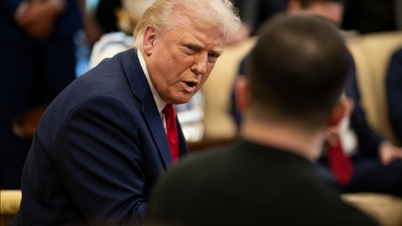

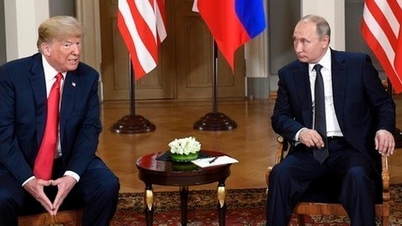


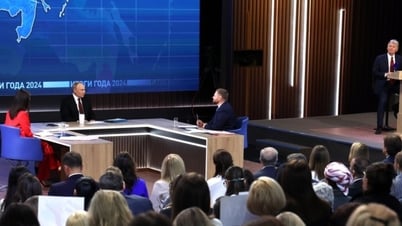







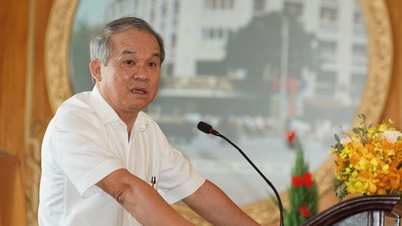






























































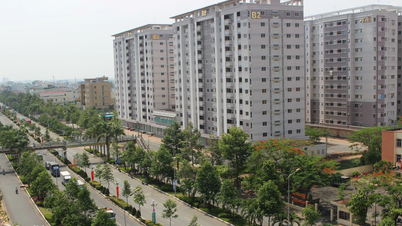

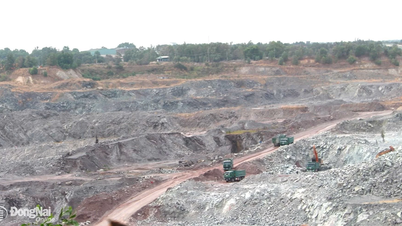
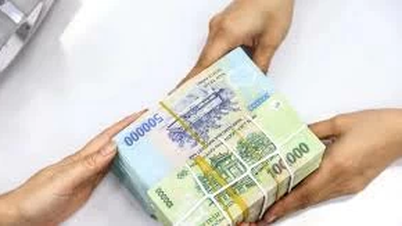










Comment (0)